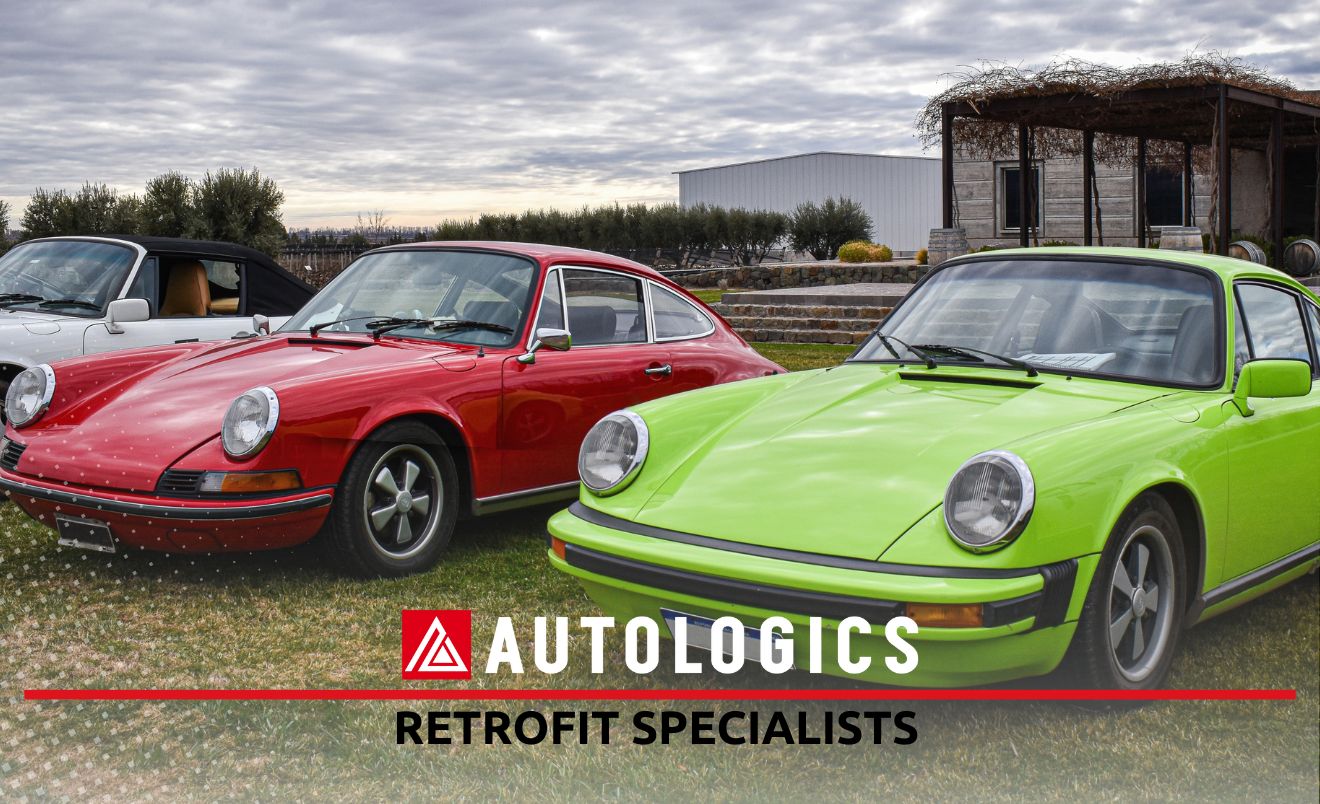The iconic legacy of luxury vehicle brand Porsche dates back to 1931, when three German businessmen joined forces to create a series of high performance sports cars.
Since the first Porsche 64 was designed and built in 1939, the global marque has evolved continually over the decades, with the company’s net worth today being estimated at around £55.9 billion.

© Jubalau / Shutterstock.com
The business is still owned by descendants of the founder, making the current generation Germany’s seventh richest family, according to media reports. Porsche cars are still regarded as among the most luxurious and powerful in the world, a testament to their evolution, design and innovation over the past eight decades.
History of the Porsche
Originally called Dr Ing HCF Porsche GmbH, the company was co-founded in Stuttgart, Germany, by automotive engineer Ferdinand Porsche, businessman and former racing car driver Adolf Rosenberger and Austrian lawyer Anton Piëch, who was Ferdinand’s son-in-law. The name was an abbreviated version of Porsche’s title, Doktor-Ingenieur Honoris Causa, which translated to Doctor of Engineering Honorary Degree. Initially, the company offered consultancy services in motor vehicle development and didn’t build any cars under the Porsche brand.
This changed in 1939, when they developed their own Porsche 64 sports car to compete in the planned Berlin to Rome road race - part of a scheme to promote friendship between Germany and Italy. High-end sports cars, including BMW and Lancia models, were due to compete, but the rally was cancelled due to the outbreak of World War II on 1st September.
Only three Porsche 64 cars were built, making it one of the rarest vehicles in history. One still exists today, after being preserved and put on display at the Petersen Automotive Museum in Los Angeles. It is currently owned by the Porsche Museum in Stuttgart.
Evolution of Porsche design
The famous Porsche badge, featuring a horse, is often mistaken for the Ferrari crest. However, the badge comprises symbols from Stuttgart’s coat of arms, symbolising the city’s heritage as a horse breeding region. Designed by Ferdinand Porsche, it was drawn on the back of a napkin during a brainstorming session.
The iconic Porsche 911 became one of the most recognisable sports cars ever made when it was first unveiled in September 1963 at Frankfurt International Motor Show. Few could have predicted the massive impact the car would have in the future when it went into production in 1964. Now in its eighth generation, the 911 has a rear mounted flat-six engine, and although its core concept is largely unchanged, it has evolved over the past six decades.
The earlier 911s had an air cooled engine and torsion bar suspension, but Porsche introduced water cooled engines in 1997. This was described as the model’s most radical change in its history, as the air cooled engine had been a familiar sound prior to this, using heat exchangers, metal cooling fins and fans to push the air around. Porsche changed the technology for the more efficient water cooled engines, which had lower emissions and improved power across the 911 range.
The Porsche reverse camera became standard on the 911 in 2015, while the 992 has a built-in Porsche tracker system that links to the company website.
Racing heritage
Private and factory teams have raced the 911 extensively in a variety of motor racing classes and it has become one of the world’s most successful competition cars. The 911-derived 935 turbo won the famous 24 Hours of Le Mans race in 1979 and Porsche won the FIA World Championship for Makes in four consecutive years, from 1976 to 1979, with 911-derived cars. The Porsche 917 won the 24 Hours of Le Mans in 1970 and 1971, thanks to its flat-12 engine that generated up to 600 horsepower.
A poll in 1999 asking people to vote on the Car of the Century saw the 911 ranked fifth. It was one of only two top five models that had been in continuous production since its launch. In May 2017, the one-millionth 911 was manufactured and joined Porsche’s permanent collection. Today, more than 1.2 million models of the legendary sports car have been manufactured.
Porsche hybrid cars
Porsche has embraced more eco-friendly cars in the 21st century, launching the Cayenne S Hybrid in 2010, the Panamera S E-Hybrid in October 2013 and the Porsche 918 hybrid sports car in 2014. The brand installed its first 350 kW 800V charging station in 2017.
The marque’s latest concept, Porsche E-Performance, is bringing together electric and plug-in hybrid vehicles to integrate them into a charging infrastructure. The company says the latest models are “Porsche sports cars first”, boosted with greater power and range, fast charging times, quick acceleration and more comfort.
As the brand transitions into modern times, owners of older models don’t have to miss out on the latest upgrades, such as high-tech parking aids: Porsche reverse camera retrofit will bring your vintage car into the 21st century. It’s also possible to add anti-theft devices, such as a Porsche tracking system, to protect your luxury sports car from criminals. The Porsche 911 was the top target for car thieves in the high-performance vehicles market in 2023: 51 were stolen in the UK, compared with 43 Ferraris and 29 Teslas.

